Hundreds attend trial as Israel convicts 'Sheikh al-Aqsa'
An Israeli court has convicted Raed Salah, an influential Palestinian figure, of "incitement to terrorism" and supporting the outlawed Islamic Movement which he headed.
Hundreds of Palestinians, who had come in buses from different cities and villages across Israel to stand in solidarity with Salah, attended the trial.
More than 1.8 million Palestinians still live in the territories which are now called Israel. They have resisted mass expulsion since Israel's creation in 1948.
The indictment drew an outcry from those attending the court session in Haifa on Sunday. "I have never witnessed in my career history such a racist decision," Salah’s lawyer, Khaled Zabarqa, told Middle East Eye.
"This is a political decision to silence the Palestinian leadership and prevent it from taking any actions in response to Israeli violations," he added.
Zabarqa said the Israeli establishment, which is represented by political and security leaders, has hindered the possibility of a fair trial.
Salah was arrested in August 2017 and served 11 months in prison before he was moved to house arrest under tight restrictions.
In November 2015, Israeli authorities shuttered the offices of the northern branch of the Islamic Movement in Israel, which he headed.
According to his lawyer, Salah is banned from accessing tools of communication, including telephones, the internet and social media sites and speaking to the press.
He must wear an electronic tag and can be visited only by his first- and second-degree relatives.
As the court proceedings went on, a large crowd of Palestinians gathered inside the court hall and outside Haifa magistrate's court to express solidarity with Salah and call for the protection of al-Aqsa Mosque.
Palestinian teacher Khadija Khweis called Salah a symbol of al-Aqsa Mosque and of Jerusalem al-Quds. "He is not just one person; but rather a nation, a cause, a principle and an idea."
Salah is one of the most recognized and influential figures among the Palestinian population in Israel as well as in the occupied West Bank and the besieged Gaza Strip.
He is known as Sheikh al-Aqsa for his long years of activism to protect the third holiest site for Muslims.
Outside the court, former Knesset member Mohammed Barakeh said the trial was "a political prosecution" and "a tool to oppress and silence all Palestinians".
‘All wars have rules. All of those rules have been broken’ by Israel
VIDEO | Report flags India’s violation of rights of Rohingya detainees
Turkey's foreign minister meets Syria's de facto leader in Damascus
'Next to impossible' to rescue patients from Gaza's Kamal Adwan Hospital: Director
VIDEO | Vietnam current prosperity
Report blames gasoil exports for shortage at Iranian power plants
VIDEO | Hind Rajab Foundation names Israeli war criminals vacationing after Gaza genocide
VIDEO | Australians rally for Gaza ahead of Christmas festivities


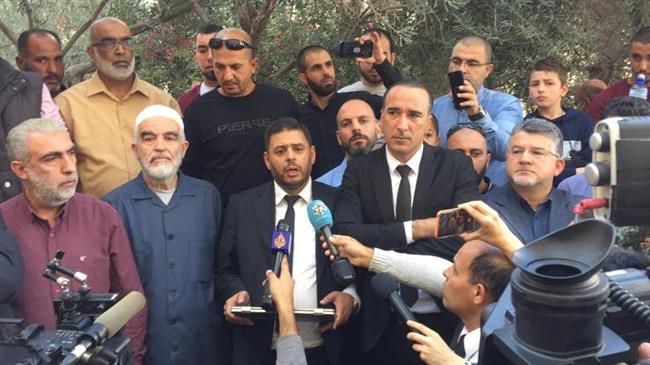

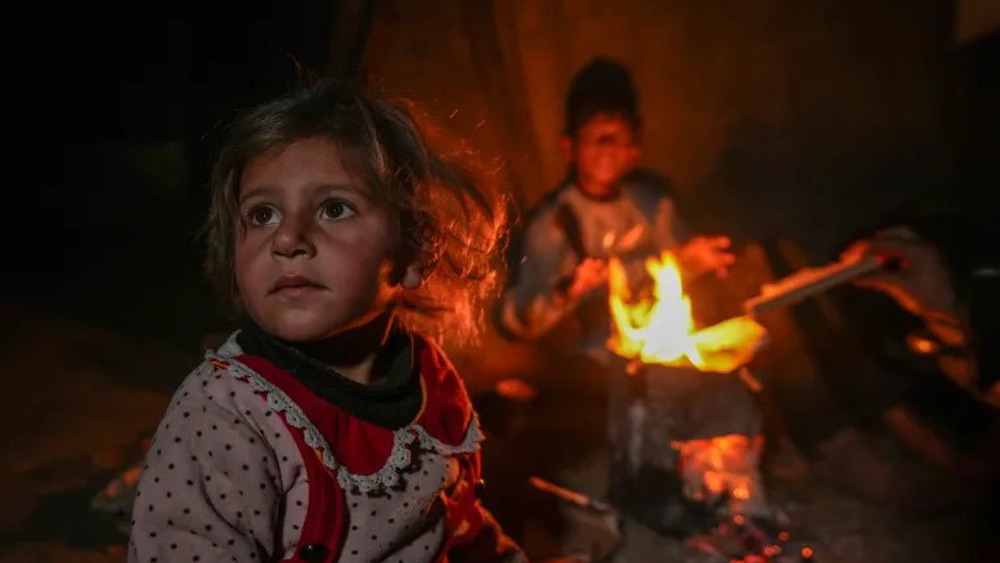
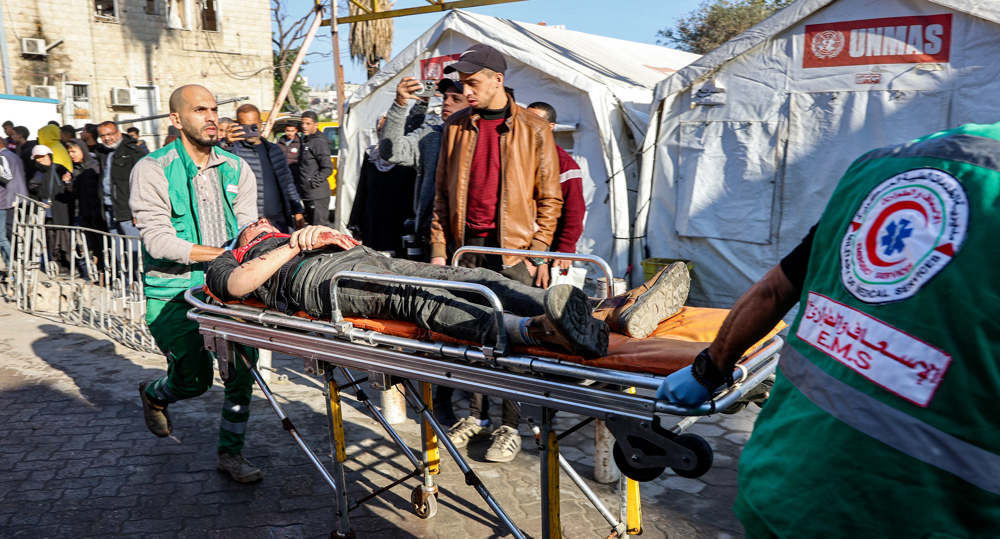




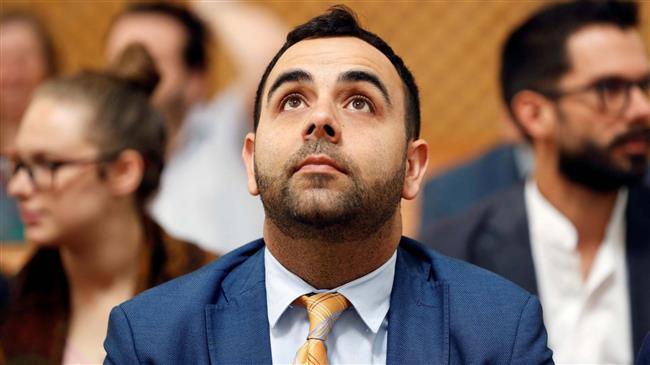

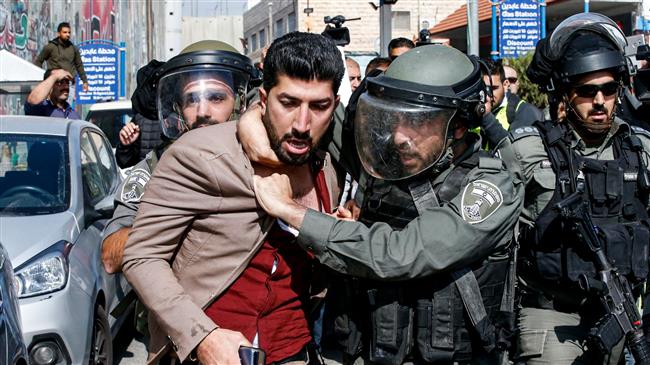


 This makes it easy to access the Press TV website
This makes it easy to access the Press TV website